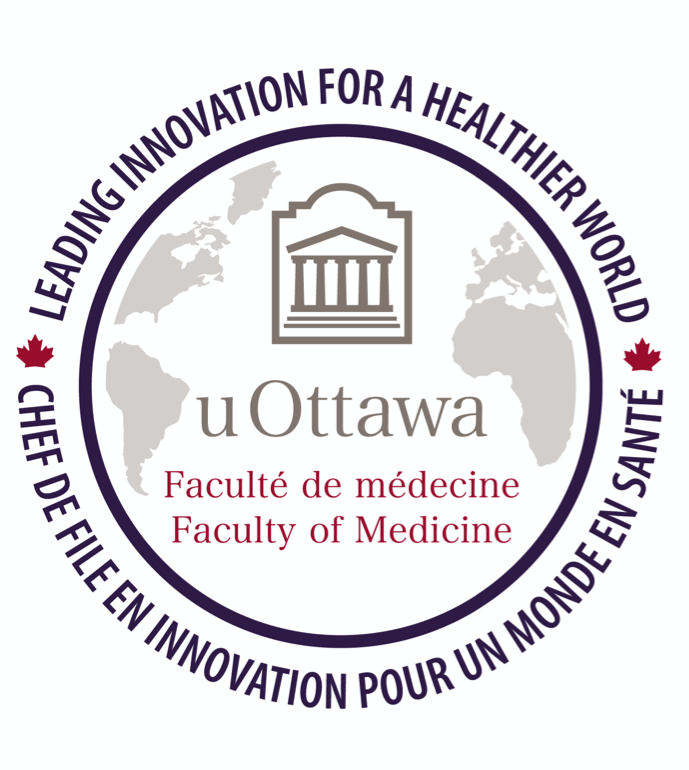
View courses by theme or by week
 Introduction to Gender Equality and Global Health | May 20-23, 2025
Introduction to Gender Equality and Global Health | May 20-23, 2025Online only. Course will be live to online participants from approximately 9:00 AM-12:00 PM (Montreal time) each day from May 20-23, 2025. All content will be recorded and accessible to participants until July 1, 2025.
 This course is offered with the University of Ottawa.
This course is offered with the University of Ottawa.
Gender equality is not only a fundamental human right, but a necessary foundation for a healthy, peaceful, and prosperous world. A person’s gender affects their ability to reduce their exposure to risks of poor health, access healthcare, adopt health-seeking behaviours, and achieve good health and well-being. To be effective, global health programs must adopt a gender integration approach that systematically works to reduce gender-related barriers to good health and well-being and advance gender equality and women’s and girls’ empowerment.
This introductory course takes a participatory approach to building global health practitioners’ skills to design, implement, monitor, and evaluate gender transformative programmes. The course will follow a typical project cycle, taking participants through key entry points for gender integration at each stage. Faculty from Canadian and global private and public sector institutions (e.g., academia, NGOs, government) will share their real-world experiences in gender integration in global health programmes, and case studies will cover various sub-sectors, such as immunization, nutrition, and malaria. In addition to gender analysis, participants will learn how to apply an intersectional lens to gender-transformative approaches, enhancing their understanding and promotion of social inclusion and the social determinants of health. Participants will be encouraged to share their own experiences with gender integration through group work and short assignments.
Alison Riddle, MSc, PhD
Adjunct Professor, School of Epidemiology and Public Health at the University of Ottawa
Investigator at the Bruyère Health Research Institute
This course examines the relationship between gender and global health, focusing on how gender norms, roles, and inequalities influence health outcomes and access to care worldwide. Covering key issues such as maternal and child health, nutrition, adolescent health, and sexual and reproductive health and rights, participants will explore the impact of gender disparities on these areas and learn about effective, gender-responsive and -transformative approaches to health policy and program design. Through real-world case studies and practical tools, the course equips participants to recognize and address gender-specific barriers, contributing to equitable and transformative changes in global health systems.
Course modules will include, among others:
This course is intended for global health practitioners, policymakers, and researchers in Canada and abroad who are interested in an introductory skills-building course in gender integration. The course is designed for participants who have little to no previous experience in this area.
Limited to 100 participants.